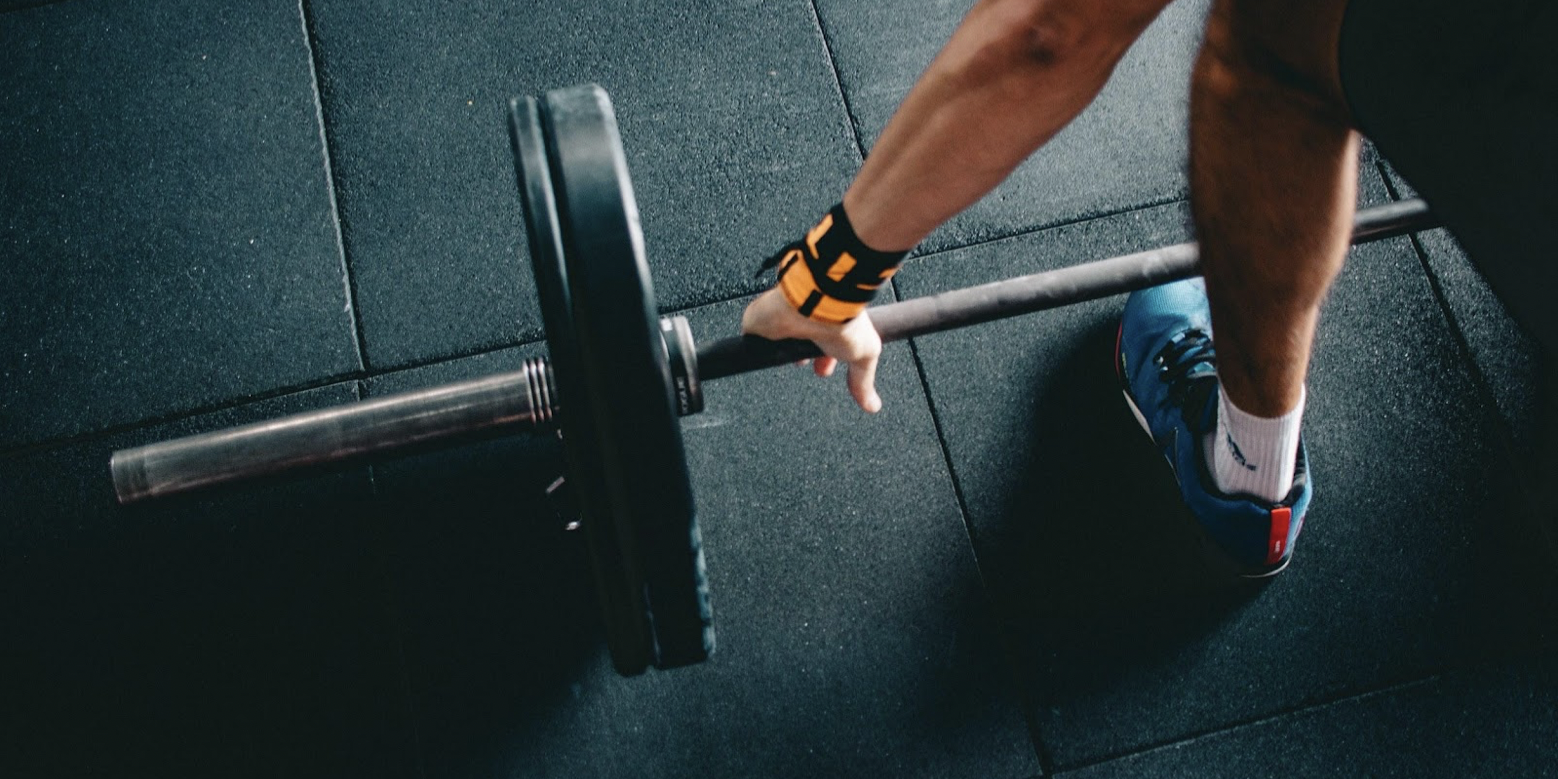Physiotherapy is a highly recognized area of rehabilitation that can offer a wide range of benefits for patients. In a collaborative effort, other specialists including Kinesiologists and Athletic Therapists can utilize patients’ physiotherapy benefits to provide active rehabilitation strategies.
After the initial trauma of an injury has resolved, patients have the choice to seek other physical therapy modalities for their active rehab, strength conditioning, and injury prevention. In most cases, active rehab is an essential first step in this process.
Follow along to find out how physiotherapy benefits can be used towards your active rehabilitation journey and how both Kinesiologists and Athletic Therapists can help from the initial stages of injury all the way to recovery.
The Purpose of Physiotherapy
Physiotherapy is a widely used treatment method to help restore, maintain, and enhance a patient’s mobility, function, and overall well-being. Physio sessions are used to help individuals who are affected by injury, disability, or illness.
Using a range of modalities including exercise, manual therapy, education, and expert advice, physiotherapists are skilled in providing relief from pain or recurring problems throughout the course of their sessions.
What Happens in the Initial Stages of Physiotherapy?
In the initial stages of injury recovery, physiotherapy and other active rehab specialists can offer a wide range of benefits for their patients — many of which can be foundational to the next steps of their recovery.
Typically, experts recommend starting physiotherapy as early as 48-72 hours after an injury. At this point, physiotherapists will perform a range of physical measurements to test your current functional capacity (i.e. strength, range of motion, gait, reflexes, etc.).
The physio will diagnose your injury and begin creating an individualized treatment plan. According to the Journal of Physiotherapy, session duration can vary depending on the severity of an injury.
Here are some common injury classifications:
- Minor musculoskeletal injuries (i.e. sports injuries) require about 2-3 sessions of physiotherapy
- Soft tissue injuries (i.e. contusions, sprains, tendonitis, etc.) often need 6-8 weeks of physiotherapy
- Chronic conditions (i.e. motor-vehicle accidents, post-concussions, arthritis, carpal tunnel, etc.) are in need of more extensive physiotherapy for 2+ months
How Physio Benefits Can Help with Active Rehab, Strength Condition, and Long-Term Injury Prevention
After physiotherapy has established the foundation for movement, mobility, and function, patients have the opportunity to work with active rehabilitation specialists in these early stages to receive a well-rounded recovery program. This can take place as early as 0-2 weeks from the time of injury.
Active rehabilitation is a recovery program where the patient plays an active role in their own recovery. Both athletic therapists and kinesiologists are highly-trained to specialize in a wide range of active and passive rehabilitation techniques.
Compared to a specialist performing rehabilitation techniques on the patient (i.e. manual therapy), active rehabilitation involves more versatile treatments including proprioceptive training, range of motion, strengthening, retraining muscle patterns, and so on.
Following active rehab, movement specialists will transition you into a strength and conditioning program to help you excel in life. Strength conditioning is a pivotal part of recovery to help restore pre-injury function. Exercises combine flexibility, strength and resistance training.
How an Athletic Therapist Can Help
Athletic therapists are the experts in onsite injury assessment and management, active rehabilitation, exercise physiology, and supportive taping and bracing. Athletic therapists collaborate with physiotherapists in both orthopaedic and concussion assessment and rehabilitation.
Here are some ways they can help you:
- Athletic therapists create a customized exercise rehab plan to address pain, imbalances and immobility
- Athletic therapists can adapt and modify active rehabilitation plans to fit individual abilities and progress
- Athletic therapists are highly trained in concussion recognition, management, and safe return-to-play
How a Kinesiologist Can Help
Kinesiologists are active rehabilitation specialists capable of offering early detection and correction of muscle pain, imbalances, and weakness. Their areas of focus include strength and conditioning, biomechanics and orthopaedic assessment, sport psychology, active exercises and fitness programming.
Here are some of the ways they can help you:
- Kinesiologists work with all physical abilities in a range of settings to help patients achieve optimal physical functioning
- Kinesiologists create rehabilitation plans that can improve range of motion, muscle strength, and aerobic capacity
- Kinesiologists offer active rehab based on reducing pain during rest and movement
Book with Us Today
Whether you’re an athlete, a weekend warrior, or someone who enjoys casual physical activity, getting back to feeling yourself is essential to your health and well-being. From the early stages of recovery, physiotherapists, athletic therapists, and kinesiologists can work together to use their in-depth knowledge of human anatomy, ability to correct poor body movement patterns, and rehabilitation skills to help get you back to pain-free functional health sooner.
At Wildewood Health, we have a wide range of experts specializing in both kinesiology and athletic therapy to help guide and support you to recovery.
Book with us today!





